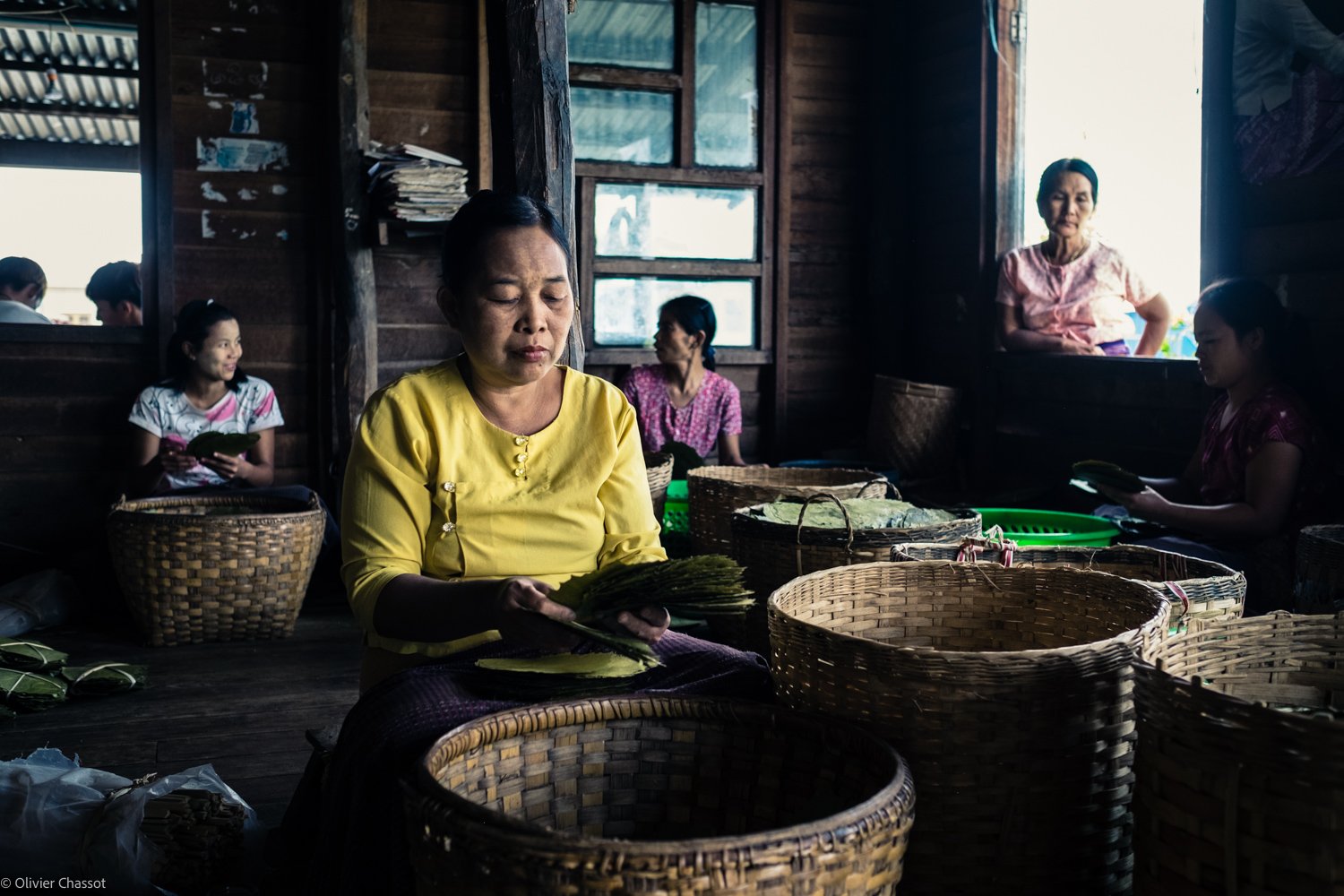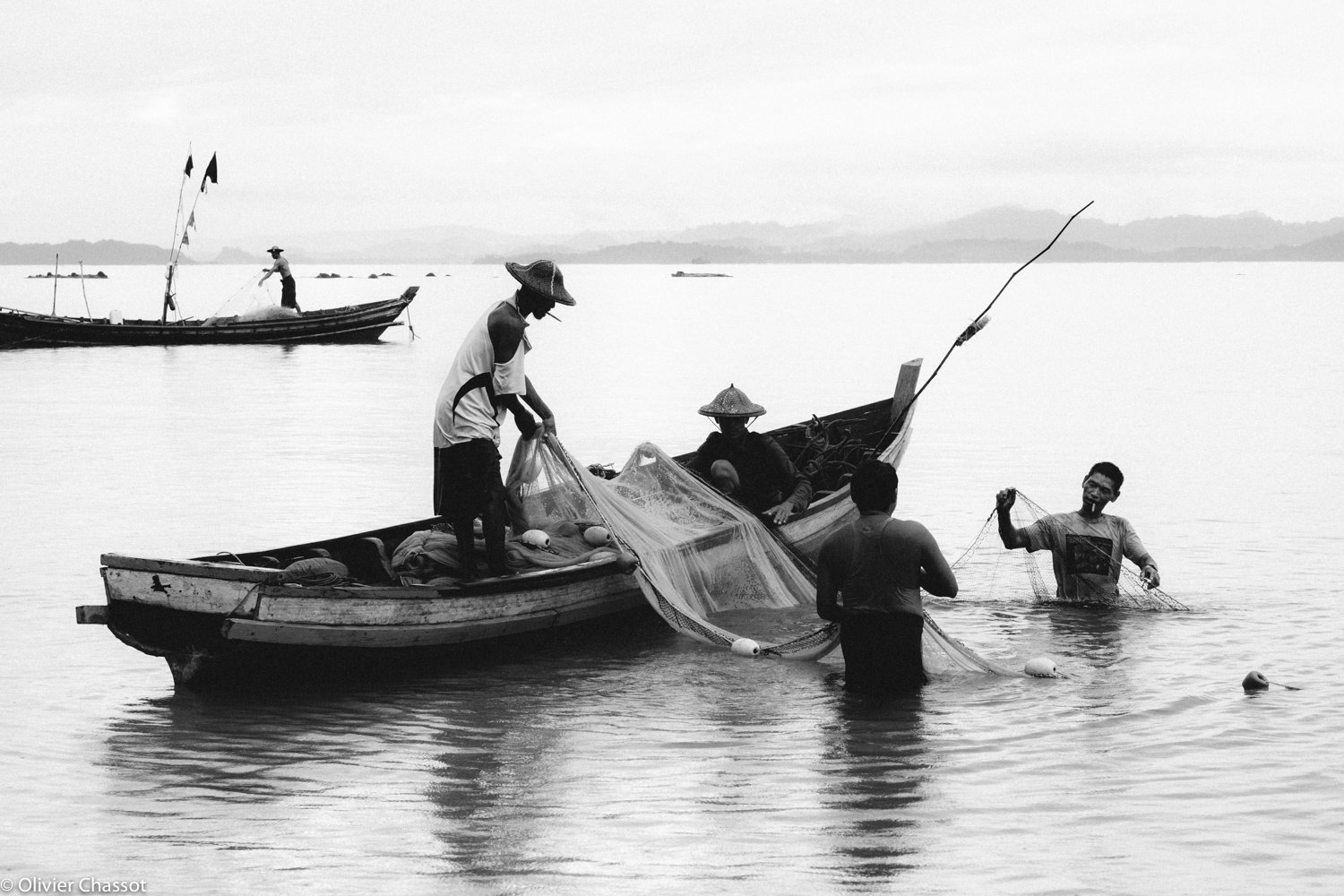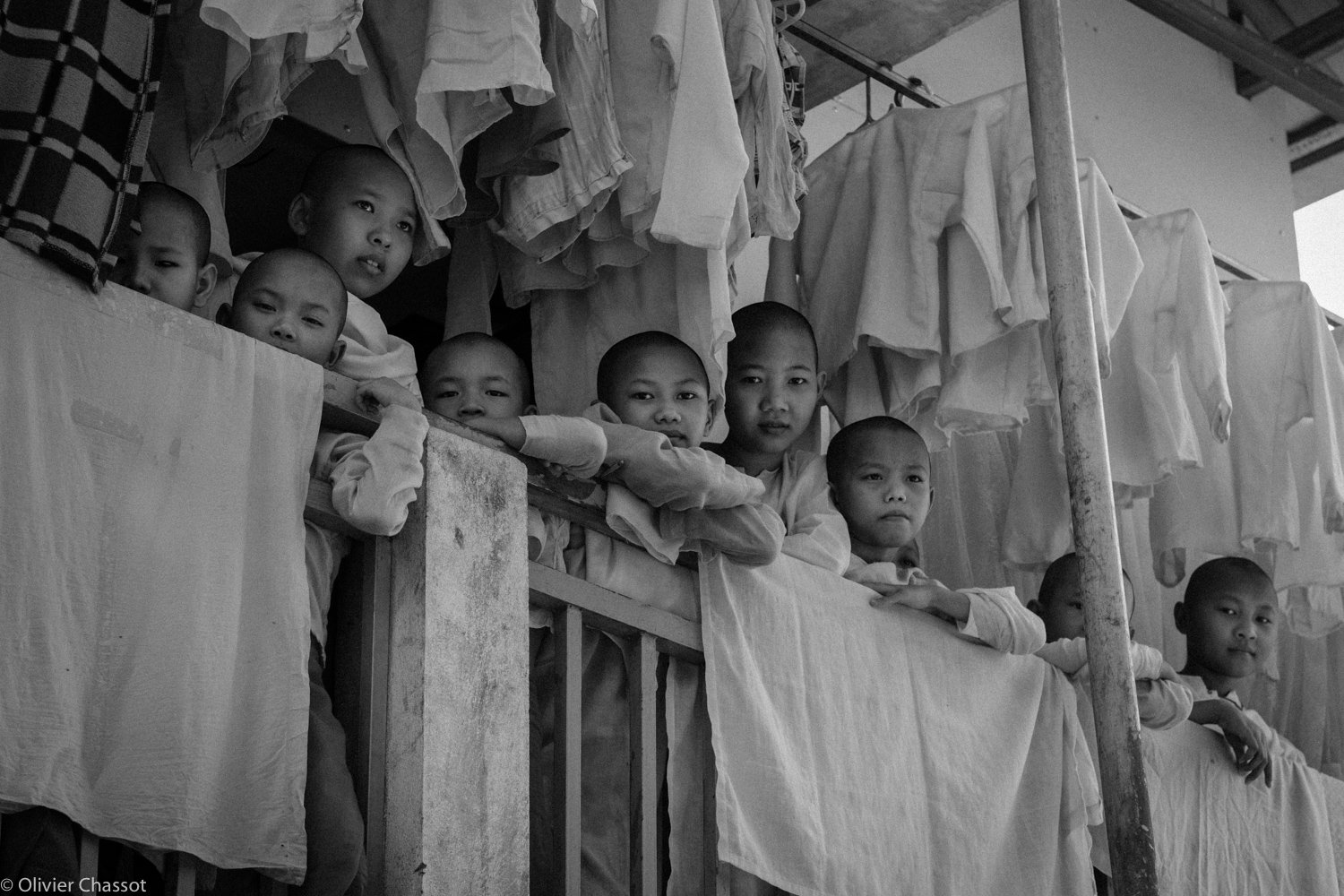Publication Month
- February 2025
- April 2024
- February 2024
- January 2024
- November 2023
- April 2022
- March 2022
- January 2022
- November 2021
- October 2021
- September 2021
- July 2021
- June 2021
- November 2019
- October 2019
- May 2019
- November 2018
- April 2018
- February 2018
- January 2018
- November 2017
- June 2017
- March 2017
- January 2017
- September 2016
- August 2016
- July 2016
- May 2016
- March 2016
- December 2015
- November 2015
- September 2015
- August 2015
- July 2015
- June 2015
- March 2015
- February 2015
- January 2015
- December 2014
- November 2014
- October 2014
- September 2014
- August 2014
- July 2014
- June 2014
- May 2014
- April 2014
- March 2014
- February 2014
- January 2014
- December 2013
- November 2013
- October 2013
- September 2013
- August 2013
- June 2013
- May 2013
- April 2013
- February 2013
- January 2013
- December 2012
- November 2012
- October 2012
- September 2012
- August 2012
- July 2012
- June 2012
- May 2012
- April 2012
- March 2012
- February 2012
- January 2012
- December 2011
- November 2011
- October 2011
- September 2011
- July 2011
- June 2011
- May 2011
- April 2011
- March 2011
- February 2011
- January 2011
- December 2010
- November 2010
- October 2010
- September 2010
Internal Dance
09 April 2022 - Woman cooking rice crackers. Inle Lake, Shan state, Myanmar/Burma
What Doesn't Kill You Makes You Stronger
In the past years, I have frequently thought about the notion of acceptance and coping mechanism. Not only on myself, to minimize the risk of turning completely nuts or burnt out, but also on the local population, dealing with insecurity and lack of stability over a long period of time. I frequently wondered how Darfuri women could still go fetching water, despite the risk of getting attacked, or how people could have a discussion with me and stay stoic, few hours after they lost their son or a relative.
Reading Malcom Gladwell’s latest book, David and Goliath (perfect summer reading), I found an interesting quote from Cambridge University psychologist J T. MacCurdy, about his experience being in London during the Blitz: “We are all of us not merely liable to fear, we are also prone to be afraid of being afraid, and the conquering of fear produces exhilaration.…When we have been afraid that we may panic in an air-raid, and, when it has happened, we have exhibited to others nothing but a calm exterior and we are now safe, the contrast between the previous apprehension and the present relief and feeling of security promotes a self-confidence that is the very father and mother of courage.”
MacCurdy makes a distinction between people being directly killed, closed witness (near misses) and remote witness (remote misses). The “near misses” feel the blast, see the explosion and the carnage and are maybe even hit themselves. On the other end, the “remote misses” listen to the sirens, hear the explosions but are left uninjured and are not a direct eye witness of the carnage.
According the his studies, while the second group, the “near misses”, has to deal with a trauma and a psychological shock that might change his life for the worst, the “remote misses” might, in the contrary, develop a feeling of self-confidence, gaining in courage (explaining partially why the population of London did not flee town after the first attacks and even felt stronger). Although Gladwell goes even further and speak about a feeling of invincibility, I suspect a summarization a bit too extreme and I am not sure to agree on that, as I don’t consider that feeling invulnerable is something positive in a war zone. But I definitely think that what doesn’t kill us could make us stronger and that there is something to learn from the population of London during the war.
But right now, I need to keep my promise not to think about work and to just enjoy the swimming pool and the food ;-)
Ha Long Bay
 15 November 2010: Ha Long Bay in North Vietnam. About 500 boats cruise in the bay, leading to an high concentration of boats around the most touristic areas (e.g. amazing cave). [Click on the picture to enlarge it].
15 November 2010: Ha Long Bay in North Vietnam. About 500 boats cruise in the bay, leading to an high concentration of boats around the most touristic areas (e.g. amazing cave). [Click on the picture to enlarge it]. 14 November 2010: Vietnamese vendors waiting for tourists to leave their embarkation. Tour operators tend to overprice the drinks on board their boats and local vendors use that opportunity to sell cheaper products to tourists while they embark/disembark. [Click on the picture to enlarge it].
14 November 2010: Vietnamese vendors waiting for tourists to leave their embarkation. Tour operators tend to overprice the drinks on board their boats and local vendors use that opportunity to sell cheaper products to tourists while they embark/disembark. [Click on the picture to enlarge it]. 15 November 2010: Ha Long Bay is a UNESCO World Heritage Site and welcomes millions of tourists every year. Finding a quiet spot is not always an easy task but the view is breathtaking. [Click on the picture to enlarge it].
15 November 2010: Ha Long Bay is a UNESCO World Heritage Site and welcomes millions of tourists every year. Finding a quiet spot is not always an easy task but the view is breathtaking. [Click on the picture to enlarge it].














